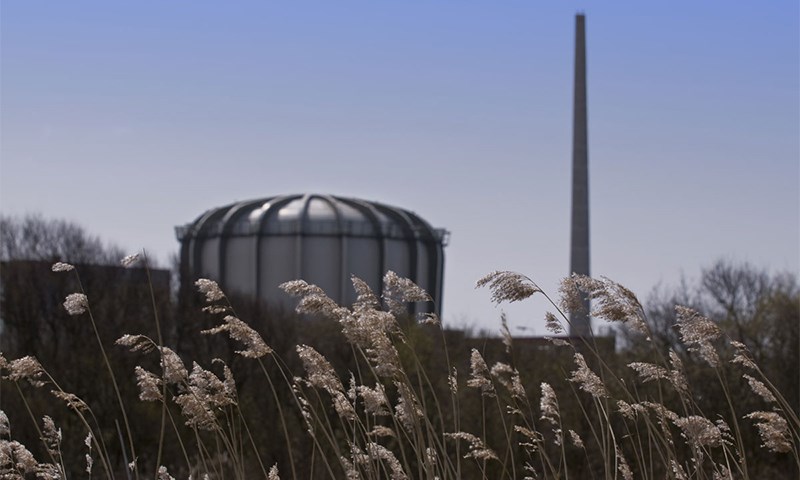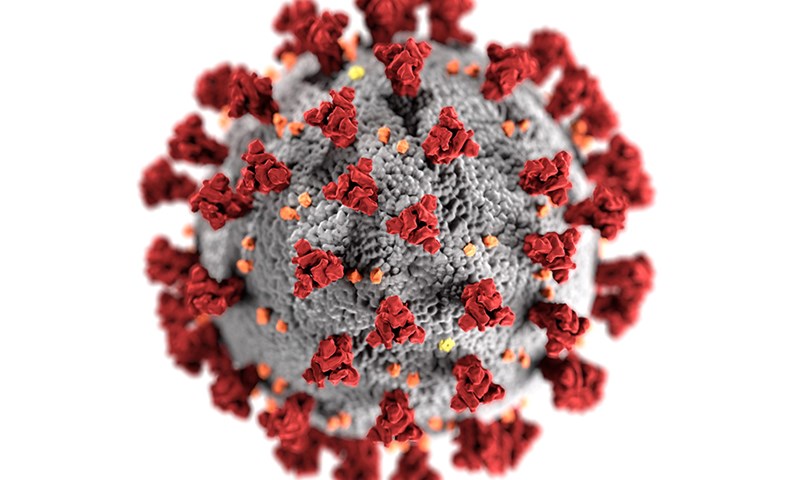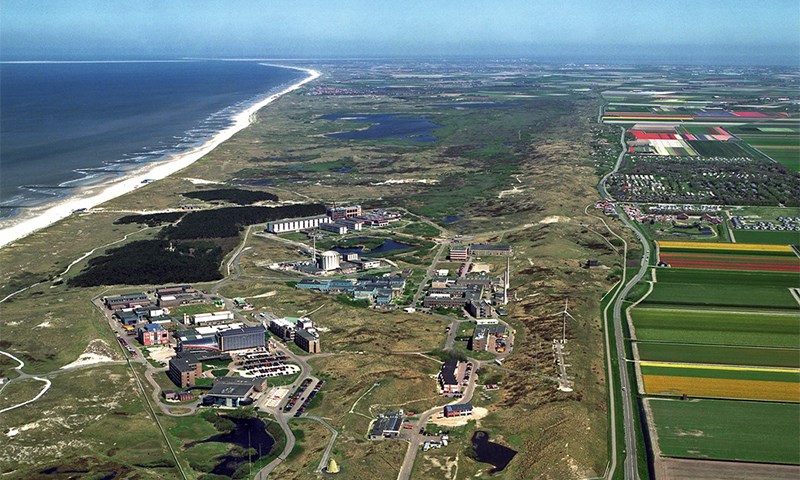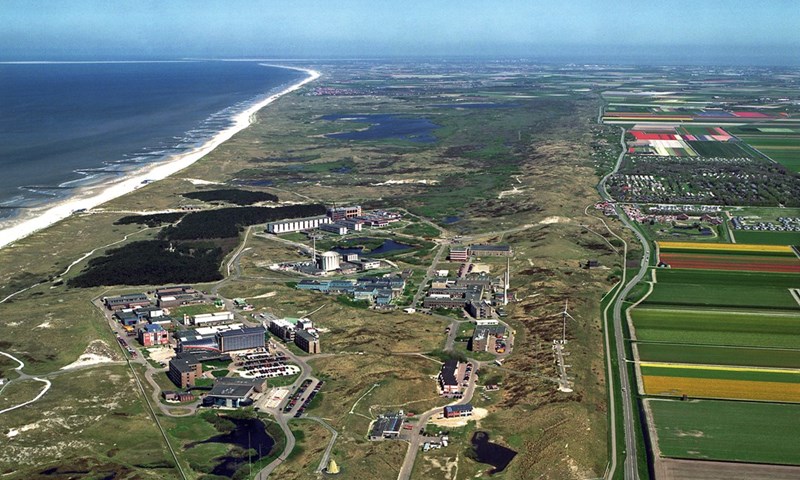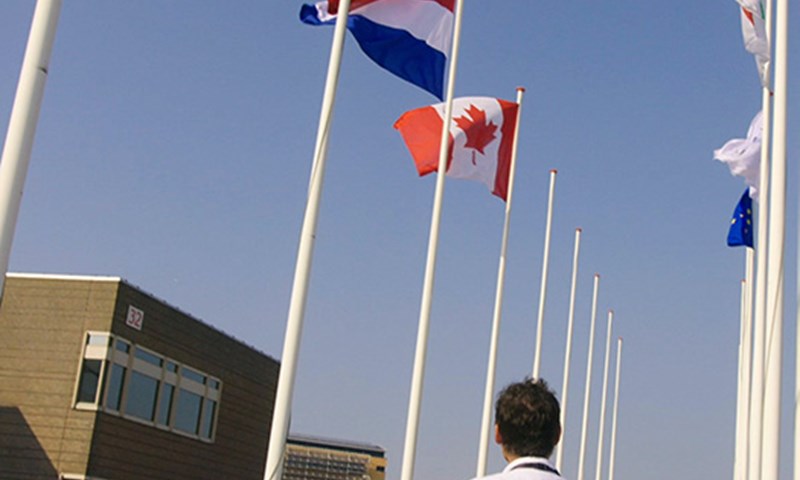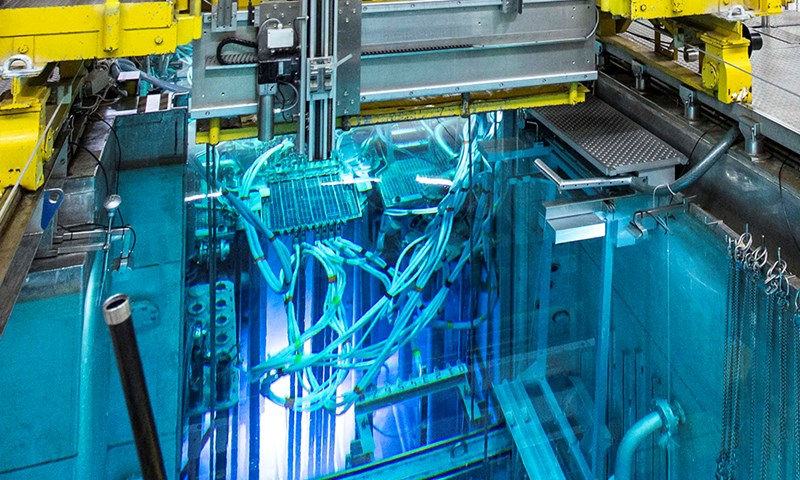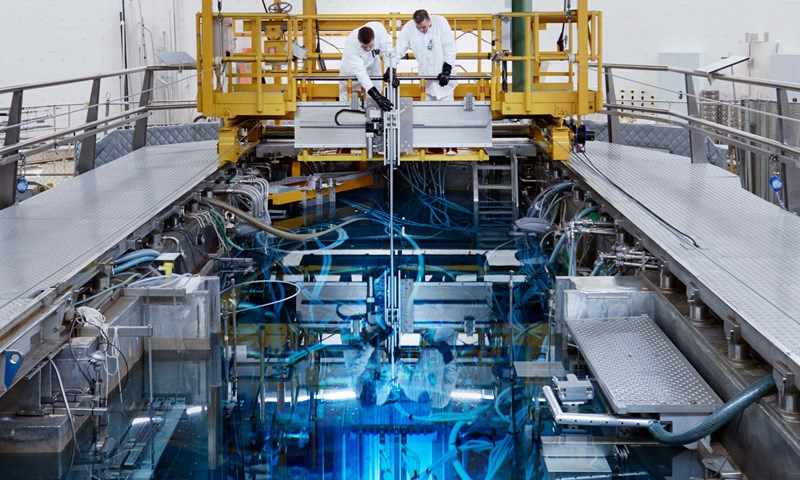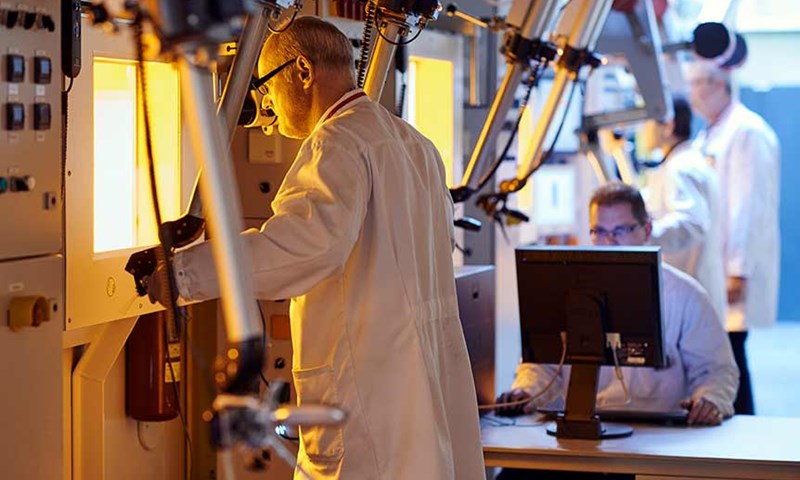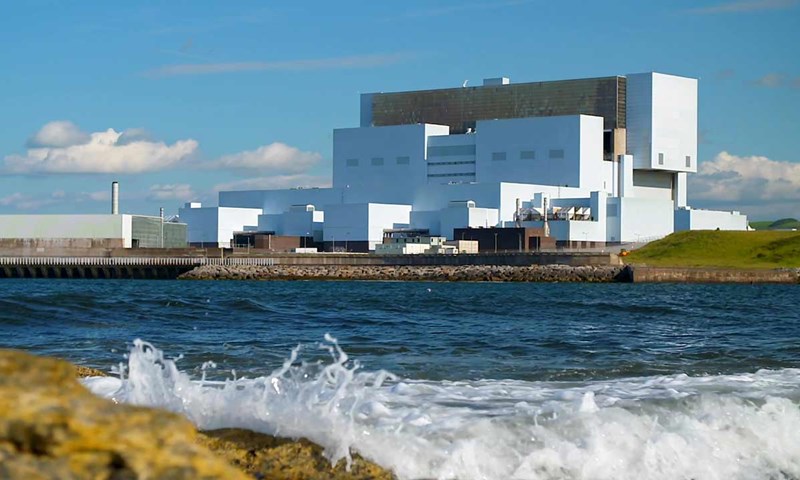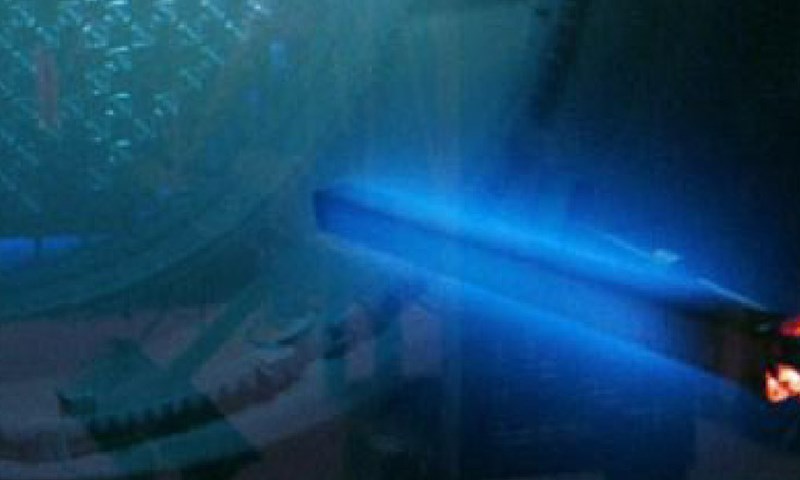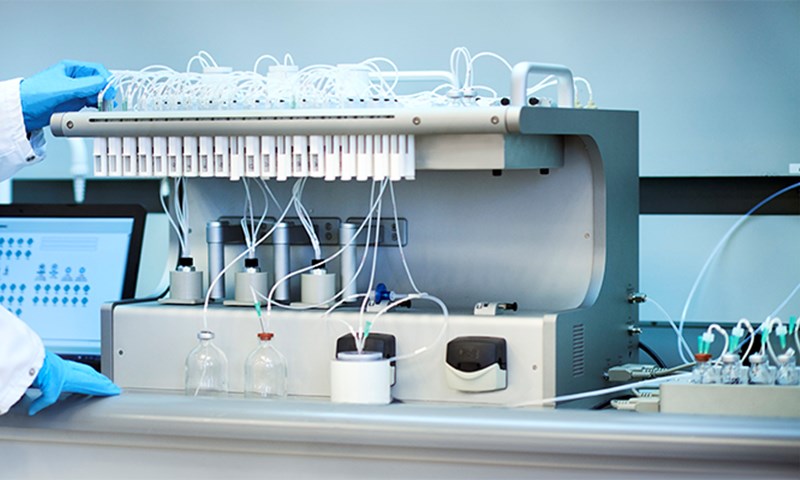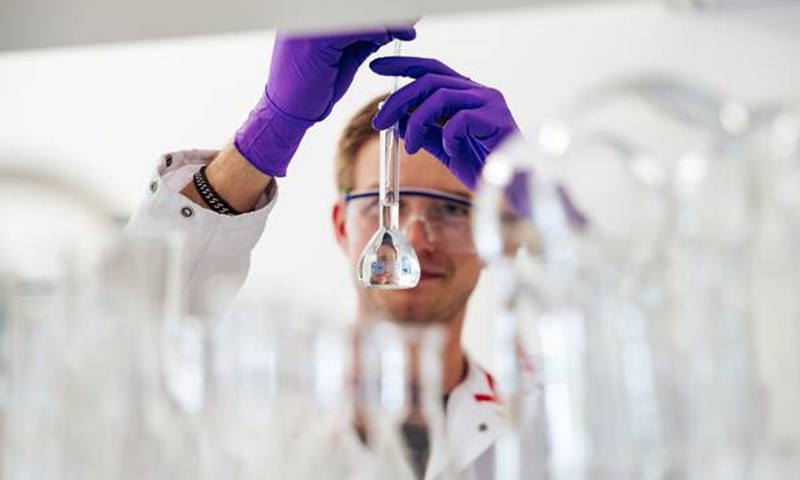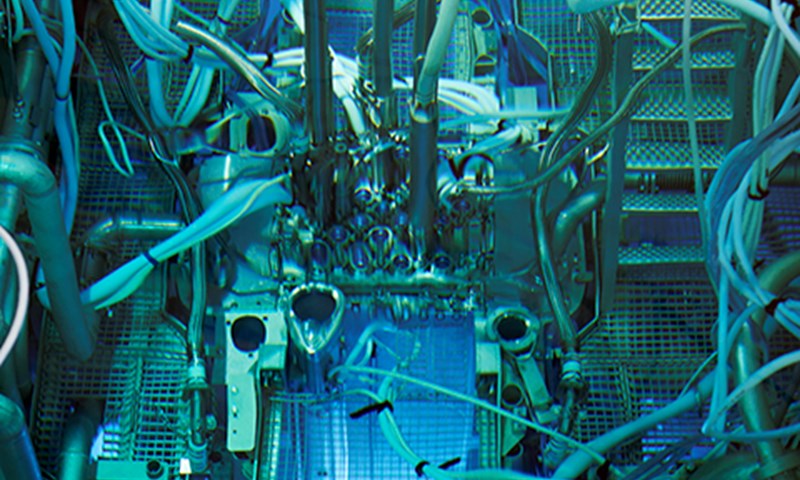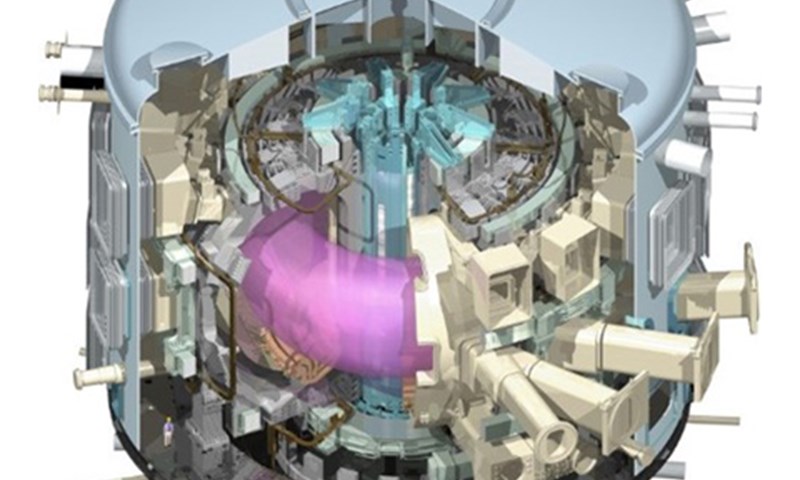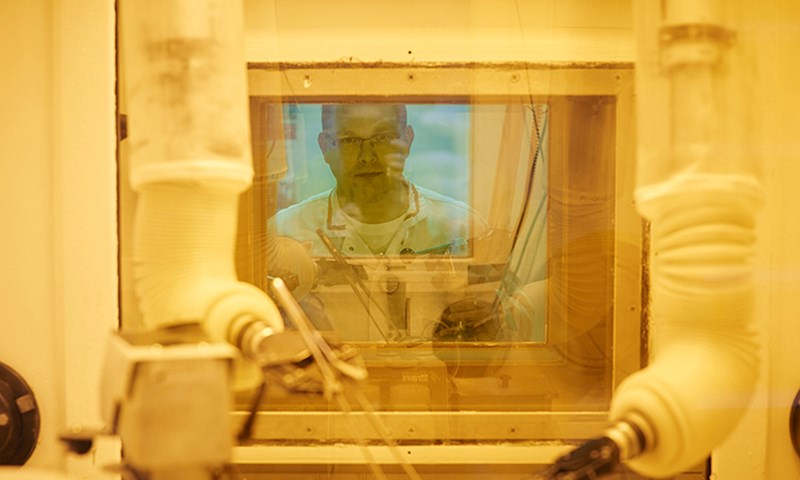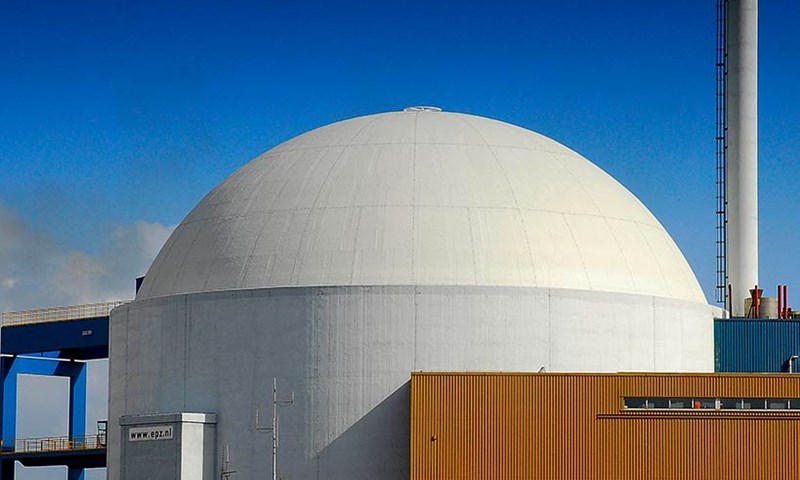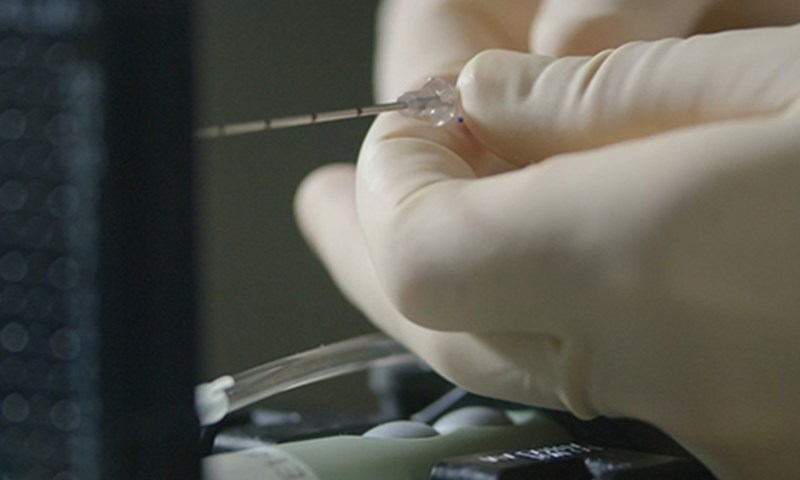News
Always up to date
Groundbreaking research into nuclear medicine? The contribution of nuclear energy to climate goals? We make a concrete contribution to a cleaner, healthier world.
Follow the current developments regarding our nuclear research, our advice, and the production of life-saving nuclear medicines here.
Want to stay informed of all nuclear developments regarding health and energy? Sign up for our updates at the bottom of this page.
Contact for the media
Spokesperson coordinates all incoming media inquiries. If you have a question, please contact:

Cora Blankendaal
Press officer
Latest news
NRG started a new experiment within their Molten Salt Technology Program. The experiment aims to simulate what happens when the molten salt cools down to below 150 oC.
The Coronavirus has a worldwide impact. The outbreak of this and the accompanying government measures lead to a situation that we have never experienced before. NRG follows developments closely and adopts the national measures that the Dutch government prescribes.
Last month, the reactor in Petten had a record production and was therefore able to continue to provide 30,000 patients daily with medical isotopes. The Corona crisis has caused complications for transport and logistics and due to this the European manufacturers are now turning to NRG.
Amended governance The NRG Foundation (previously: Foundation ECN) and the Foundation Preparation Pallas-reactor (PALLAS) have made an important step forward. The executive board members and the supervisory board members of both organizations will sit on the boards of both companies, via a so-called “personele unie” (a situation in which both organizations continue to exist autonomously, even if the same executive and supervisory boards govern them).
The old chemical laboratory and the old materials science laboratory, of both approx. 65 x 50 metres, have been remediated and emptied radiologically, chemically and asbestos in recent months. In addition to the old laboratories, the south-facing 40-metre-high chimney is also disappearing.
Nuclear Research & Consultancy Group (NRG) and McMaster University’s Nuclear Reactor (MNR) have teamed up to advance customer service to a new level
Terrestrial Energy and NRG have established a graphite irradiation program that systematically analyzes IMSR graphite behavior as part of Terrestrial Energy’s comprehensive test program supporting the design of Integral Molten Salt Reactor (IMSR) and is being conducted at NRG’s facilities in the Netherlands.
At the end of this summer we reached a historic milestone by successfully concluding an irradiation test on molten nuclear fuel salts inside the High Flux Reactor in Petten. This is the first irradiation of its kind since the research carried out in the USA in the 1960s.
Producing medical isotopes using only low enriched uranium? After a challenging design process, Curium and NRG are the first in Europe to produce molybdenum-99 with low enriched uranium. Recognizing the commitments made during the Nuclear Summit 2014, to phase out high enriched uranium (HEU) based medical isotopes.
Fuel creep irradiations for Advanced Gas-Cooled Reactors: How the BLACKSTONE programme realised more than 40 years lifetime extension for EDF.
How we reduced operating costs for Vattenfall with €500,000 per cycle.
CISSPECT DESK-LAB represents a great leap forward for the development of radiopharmaceuticals and personalised drug discovery. Recently, we have developed the world’s first fully automated synthesis module, CISSPECT DESK-LAB, for the synthesis of Pt-195m cisplatin and other platinum compounds
A complex project has been brought to a successful conclusion: the development and installation of a production process for xenon-133 gas.
In 2015 NRG started together with the European Joint Research Centre (JRC) in Karlsruhe a series of nuclear fuel irradiation experiments to support the development of Molten Salt Reactor technology.
In 2016 NRG concluded the first part on the Qualification of the ITER First Wall Assemblies, the second part is conducted at the premises of project partner Forsungzentrum Juelich in 2018.
High Temperature Reactors are known for their high efficiency due to the high temperature and for being 'inherently safe’. Meaning that they can never have a core meltdown. The most important reason for this safety performance? The unique fuel that is used. Learn how NRG helped the Chinese Tsinghua University with their fuels.
NRG helped EPZ / Borssele and Ringhals to set up and go through a long term operation process. IAEA safety guideline 57 has been used as a basis for EPZ / Borssele in the Netherlands. The experience gained during the process in Borssele was then applied at Ringhals in Sweden. Read more on how both processes led to regulator approval.
In 2017, there was suddenly a worldwide shortage of iodine-125, used for brachytherapy for prostate cancer, because one of the large producers was temporarily shut down. McMaster & NRG joined forces for global supply.

